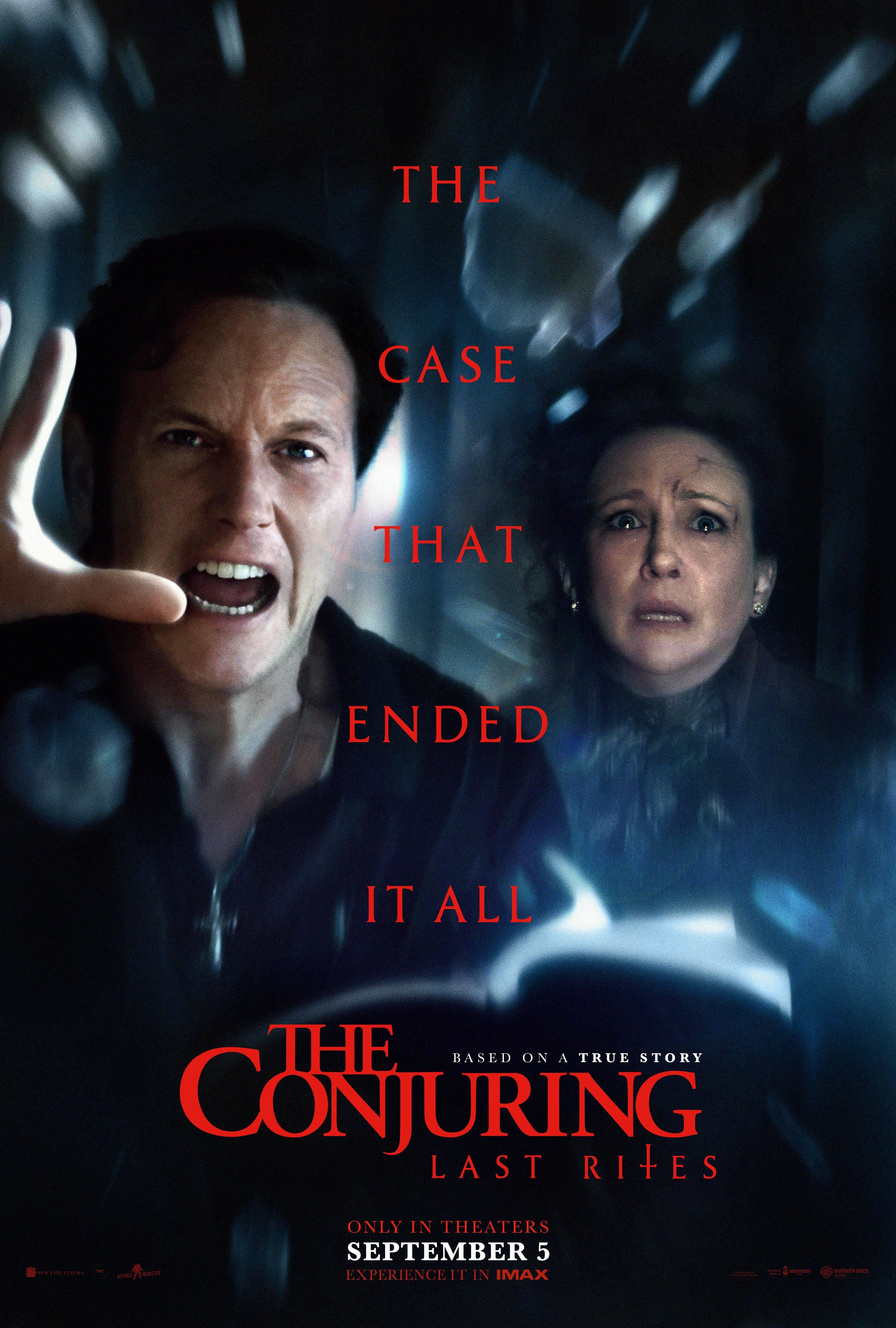Today's Movie
The Conjuring: Last Rites

2025 • R • 2 hr 15min • ⭐ IMDB 6.4
Starring: Patrick Wilson, Vera Farmiga, Mia Tomlinson
Directed by: Michael Chaves
Summary: Paranormal investigators Ed and Lorraine Warren take on one last terrifying case involving mysterious entities they must confront.
Showtimes:
Next Event:
 Conjunto Primavera — El Amor & Saxofón Sat Sep 27 @ 8:00PM Category: Concert |
REVIEW
The 50—Film Review
-
Written byJustine Sutton
-
Photographed byN/A

Speaking to the audience before the screening of his film, The 50, Director Brenton Gieser shared that he discovered SBIFF while a student at UCSB. “One night we were driving back to Isla Vista and I saw that big searchlight in the sky. I asked my friend what it was, and he said, ‘Oh, that’s the film festival… somebody just said they saw Brad Pitt on State Street in a tux!’”
It is then especially satisfying for him, he said, to have his film included in the festival. The 50 is the story of the first fifty incarcerated men to go through the new Offender Mentor Certification Program, a voluntary program for long-term and life-sentence inmates who complete a 4,000-hour counseling internship in an in-prison substance abuse treatment program.
Sol Irving, retired Correctional Counselor III, was the onsite liaison with the trainers and participants as well as a driving force in creating the OMCP at California State Prison, Solano. Irving appeared with Gieser at the screening, along with Randy Carter, one of “the 50,” who is now a case manager for Felton Institute’s Law Enforcement Assistance Diversion program in San Francisco.
Many documentary filmmakers would be content with talking-head interviews and a few establishing location shots, but Gieser includes re-enactment scenes with some beautifully artistic elements. The raw emotional impact of these segments carries the crucial message—generational trauma perpetuates the cycle of violence and hopelessness, and when in the grips of this cycle, good people sometimes do bad things.
It\'s clear that one of the biggest challenges faced by OMCP participants was knowing that to help others with addiction issues, they would have to face the demons of their own past traumas. They had to work through it together by sharing their feelings and being vulnerable, the opposite of what they had learned in prison: keep your guard up, never show weakness. But they understood this was the only way they could move into their future counseling work with minds and hearts free, and with the experience behind them to bring deep empathy to this work.
Geiser does a masterful job of illustrating the story of these 50 men and the good they are now doing in the world. In the ending credits a note appears that the OMCP is being expanded with a large increase in funding and added locations, including women\'s prisons—a hopeful note for the future.

